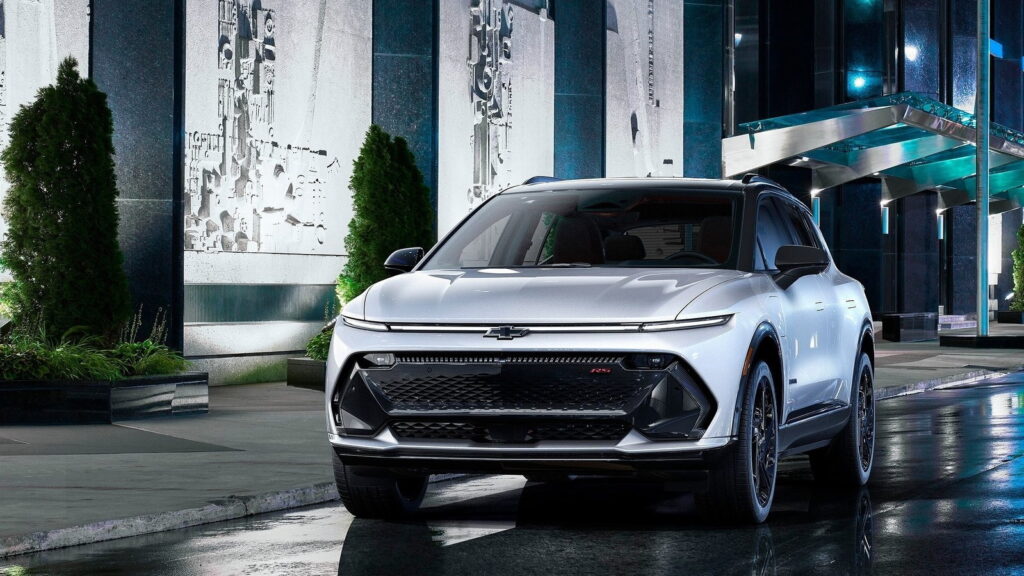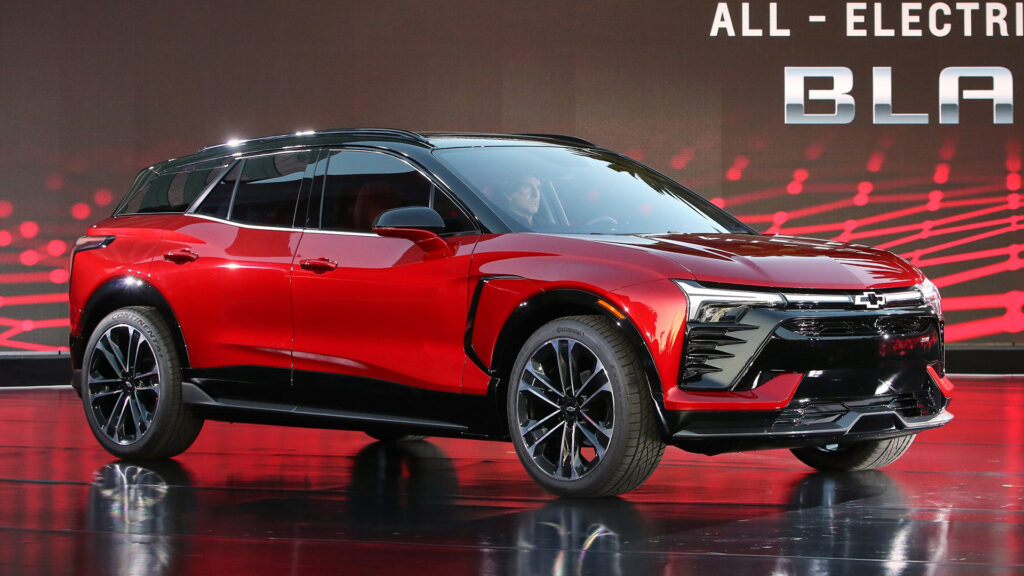- Mary Barra says the EV market is not developing as quickly as GM had expected.
- GM says it will be “guided by the customer” and is encouraging consumers to try out an EV.
- Production of the Blazer EV and Equinox EV is being ramped up.
The boss of General Motors has acknowledged it won’t meet its target of building 1 million EVs by the end of 2025 due to a slowdown in demand for EVs.
During a recent interview with CNBC, Mary Barra revealed that GM won’t hit its EV targets, “because the market’s not developing.” Barra didn’t provide an updated timeline as to when it may hit this target but she said that GM will get there in the future.
Read: GM Fined $146 Million For Selling 5.9 Million Cars That Polluted More Than Advertised
“We’re seeing a little bit of a slowdown right now, we won’t get to a million just because the market’s not developing but we’ll get there,” she said. “We’re going to be guided by the customer but I’d like to tell people, ‘Get in an electric vehicle and drive it.’ It’s a lot of fun, it’s instant torque, it opens up a new design language for the vehicle. So as the charging infrastructure gets more robust, as EVs get more affordable, I definitely think we’re going to see that growth and the next 10, 11, 12 years is going to be pretty transformative.”
GM is ramping up production of two of its most compelling EVs, the Blazer and Equinox. The two models should help boost EV sales for the company and could be among its best electric sellers.

While the takeup of EVs has slowed in the U.S., they continue to sell in strong numbers. In the second quarter of the year, 330,463 EVs found new homes, representing an 11.3% year-over-year increase and a 23% jump from the first quarter. The proportion of new vehicles sold in the U.S. that are EVs now sits at around 8%, up from 7.1% in Q1.
Cadillac has proven to be a particularly strong seller of EVs for GM. During the second quarter, roughly 19% of all new Cadillacs sold were EVs. That places it ahead of all other legacy automakers when considering the proportion of new cars sold that are battery-electric.



